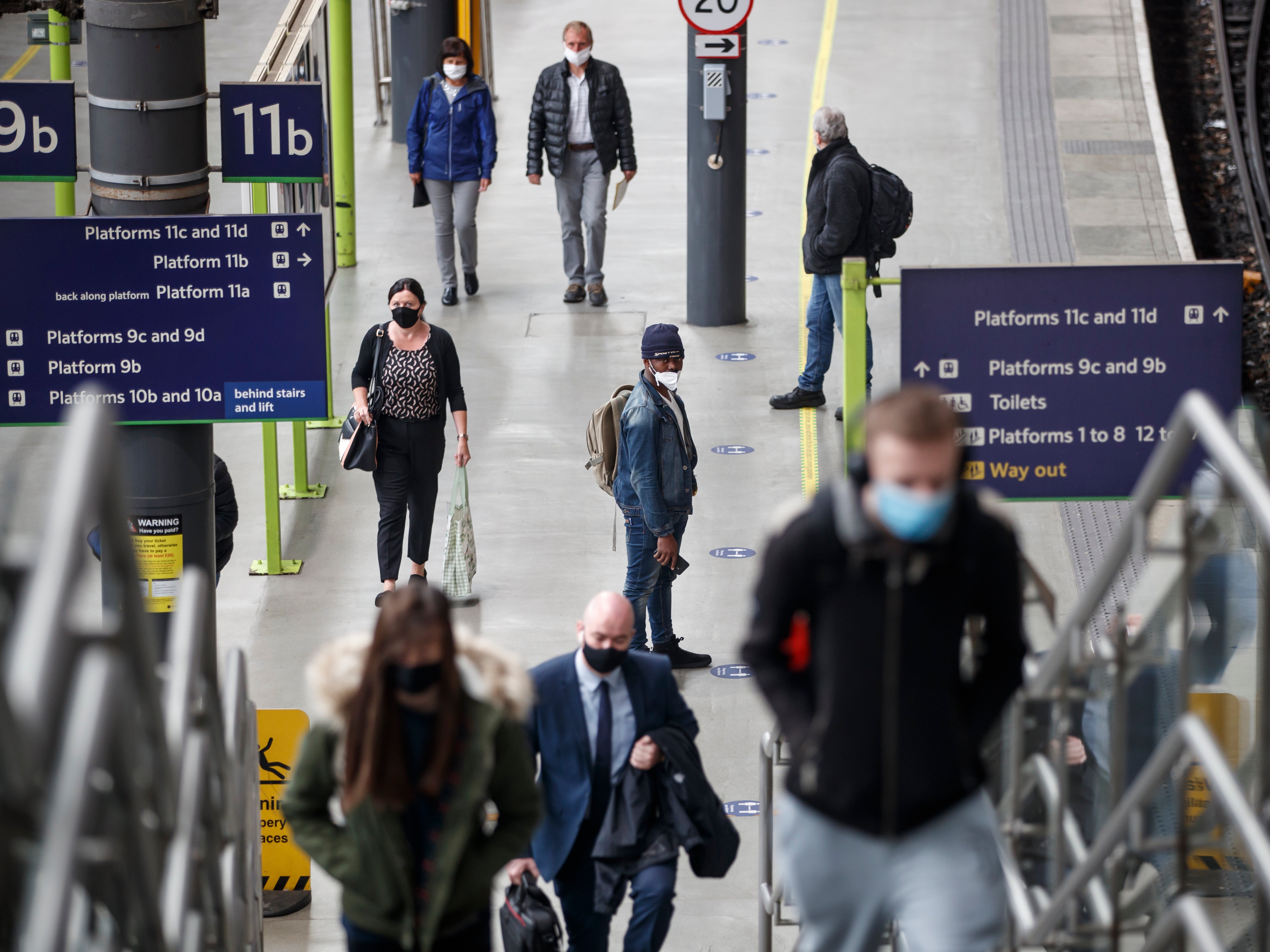UK wages soar by 8.8% year-on-year after workers taken off furlough
Meanwhile, earnings excluding bonuses were up 7.4% for the period, in line with analyst predictions.

Workers’ wages have surged higher following the reopening of the economy amid fears over the impact of inflation.
The latest labour market figures from the Office for National Statistics (ONS) revealed that total earnings, including bonuses, rose by 8.8% for the three months to June against the same period last year.
Meanwhile, earnings excluding bonuses were up 7.4% for the period, in line with analyst predictions.
Bank of England governor Andrew Bailey recently highlighted wage increases as one factor that could lead to longer-term inflation rises, although he suggested hikes could subdue as the pandemic comes to an end.
At his annual Mansion House speech to the City last month, he warned a slowing of wage growth could only happen if more people returned to the workforce.
The governor said: “We could … see wage pressures arising if the number of people in work or seeking work does not return to pre-Covid levels, and inactivity remains at a higher level. A return of labour supply is therefore important.”
However, industry analysts said on Tuesday that the leap in wages is unlikely to concern the Bank of England’s monetary policy committee (MPC) yet.
The ONS said the rise in earnings was particularly high as many people who had been receiving furlough payments during the three-month period last year were now receiving full pay.
Tom Pugh, UK economist at RSM, said: “At first glance, the surge in headline pay growth to 8.8% is another reason for the Bank of England to start raising interest rates next year, but headline pay has been inflated by base and compositional effects.
“What’s more, payroll data suggests there were about 200,000 fewer people in employment in July than before the pandemic.
“As such, there is enough slack in the labour market to prevent wage growth concerning the MPC ”
Consumer Price Index (CPI) inflation increased to 2.6% in its latest reading last month and analysts will be keen to find out if it has risen further in an update on Wednesday.
Looking ahead, we see little risk of the upcoming burst of CPI inflation translating into a period of strong wage growth next year
Samuel Tombs, chief UK economist at Pantheon Macroeconomics, said he does not expect wider inflation to result in a longer-term boom in wages.
He said: “Looking ahead, we see little risk of the upcoming burst of CPI inflation translating into a period of strong wage growth next year.
“Most public sector workers likely will see modest increases in their pay again next year, while job losses in the wake of the furlough scheme will help to keep a lid on private sector settlements.
“Accordingly, we continue to think that the labour market will lose its current momentum, enabling the MPC to wait until the first half of 2023 to raise Bank Rate.”
The earnings data came as the ONS highlighted that vacancy levels jumped to a record high of 953,000, while the rate of unemployment also decreased.
Bookmark popover
Removed from bookmarks